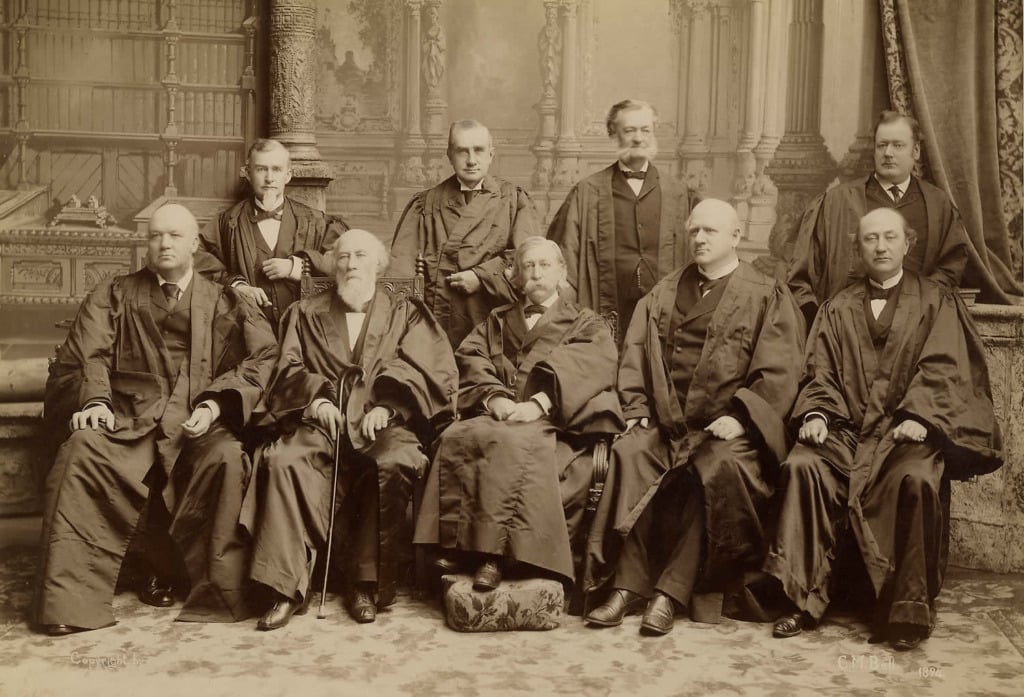International comity refers to deference to other countries that is not required by international law. The principle of international comity animates many different doctrines, which can be grouped into three categories: those that defer to foreign governments as litigants (“sovereign party comity”), those that defer to foreign lawmakers (“prescriptive comity”), and those that defer to foreign courts (“adjudicative comity”). Within each of these categories, “positive” comity doctrines use comity as a principle of recognition (such as the recognition of foreign judgments or the application of foreign law), while negative comity doctrines use comity as a principle of restraint (such as foreign sovereign immunity or the act of state doctrine).
When courts refer to the “doctrine of comity” or “comity abstention,” they often mean deference to parallel litigation in foreign courts or foreign bankruptcy proceedings. The Ninth and Eleventh Circuits, however, have invoked “international comity abstention” more broadly to dismiss cases based on foreign relations concerns.
A Primer on International Comity
The Supreme Court in Hilton v. Guyot (1895) famously defined international comity as “the recognition which one nation allows within its territory to the legislative, executive or judicial acts of another nation.” That definition is incomplete, however, as comity encompasses much more than the recognition of foreign acts. The Restatement (Fourth) of Foreign Relations Law…
Continue ReadingSDNY Grants Anti-Suit Injunction Against TV Azteca
For the past several years, parallel litigation has been ongoing in Mexico and the United States between the Mexican media conglomerate TV Azteca, S.A.B. de C.V. and The Bank of New York Mellon (BNY), the Indenture Trustee for a series of TV Azteca’s unsecured notes. Two weeks ago, Judge Paul G. Gardephe (SDNY) granted BNY’s…
Continue ReadingMaximum Comity: Recognition of Foreign Proceedings Under the Bankruptcy Code
Chapter 15 of the U.S. Bankruptcy Code governs cross-border insolvency proceedings. It establishes a comity-based framework within which U.S. courts may recognize certain foreign insolvency proceedings and enforce orders issued in those proceedings. Like other U.S. law on the recognition of foreign proceedings, it includes a public policy exception. This post provides a brief overview…
Continue ReadingThrowback Thursday: Hilton v. Guyot
One hundred and thirty years ago this week, on June 3, 1895, the Supreme Court decided Hilton v. Guyot. Hilton is the seminal decision on recognizing and enforcing foreign judgments in U.S. courts. Although the federal common law rule that Hilton announced has been superseded by state law, Hilton continues to influence state rules in…
Continue Reading
